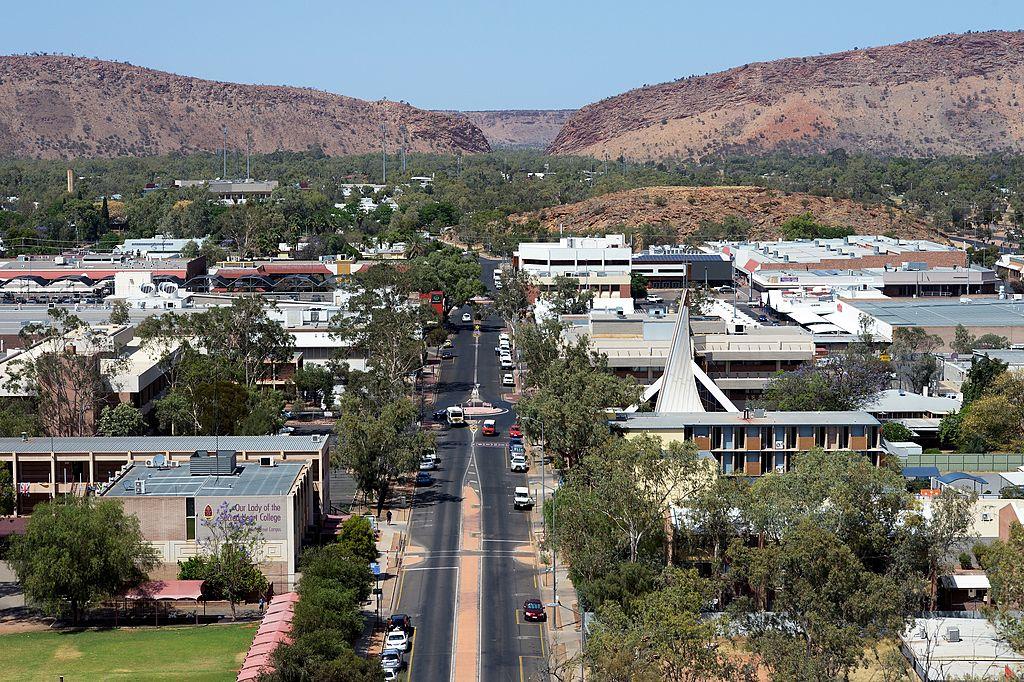Children caught out at night in Alice Springs could be dealt with by South Australian police after the Northern Territory government called in interstate reinforcements to manage an ongoing youth curfew.
Assistant Police Commissioner Martin Dole told reporters the extra police had been brought in to “gradually relieve” some of the NT police in Alice Springs.





